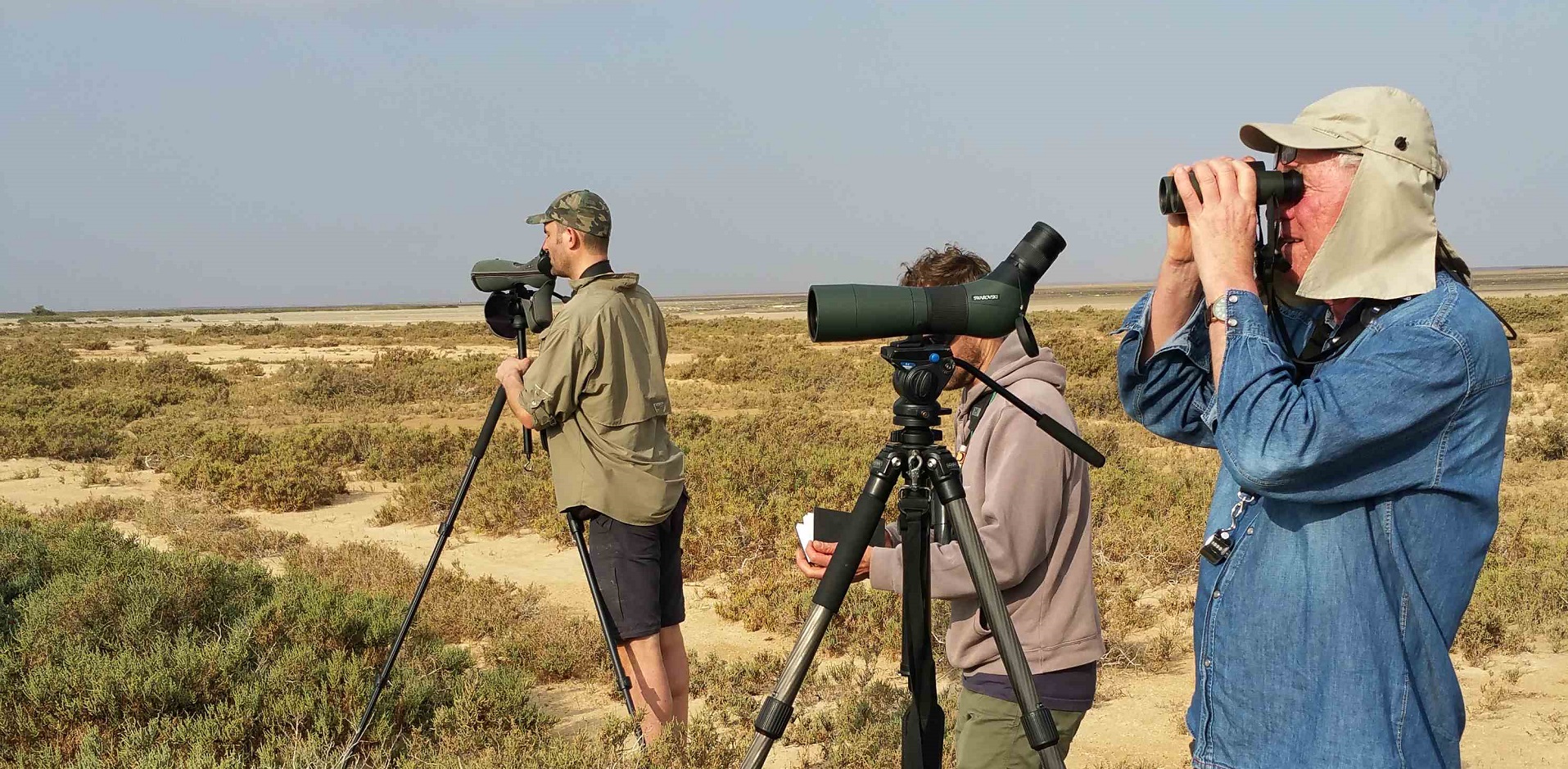
International Waterbird Census 2020
-
Biodiversity - Flyways
January 2020 will be the 54th count season of the annual International Waterbird Census. The IWC is a vital data source for understanding waterbird population sizes and trends and identifying and conserving their key wintering wetlands. The official dates for the 2020 counts are 11th and 12th January.
Counts should be carried out as close to these dates as possible to avoid double-counting birds as they respond to cold weather. However counts in your local wetland may be organised on different dates to ensure optimal coverage. Contact your national coordinator for more details about the counts in your country.
If you’re not a bird counter but want to support the census, consider becoming a supporter of the Waterbird Fund. This fund aims to support monitoring of waterbirds and their wetlands around the world. The IWC is a highly cost effective counting effort as many of the counts are completed by volunteers. That means a little support can go a very long way to ensuring wetlands around the world are counted.
As well as the annual IWC, other major waterbird monitoring initiatives will be underway in January 2020:
- The latest International Swan Census (ISC) will be held in Western Eurasia, focused on populations of the Bewick’s Swan (Cygnus columbianus bewickii) and Whooper Swan (Cygnus cygnus). As well as using IWC counts at wetlands, the ISC covers swans outside wetland habitats. This helps give us a fuller picture of the status of these populations. The census is coordinated by the Wetlands International / IUCN SSC Swan Specialist Group.
- The 3rd extended count along the East Atlantic flyway will be held. These extended counts are held every 3 years and aim to survey remote or complex sites which are not always possible to cover annually, as well as to collect information on the condition and threats to wetlands in the flyway. This is being supported by the Wadden Sea Flyway Initiative, BirdLife International and Wetlands International West Africa office. The report including the results from the last extended survey in 2017 is accessible here.
- A special effort will be made to count seaducks and other marine birds in the Baltic and North Sea. Like the swan census, this will provide valuable additional information for waterbirds occupying areas outside the usual IWC wetland network.
- Under the Life project “LIFE for Safe Flight” partners in Bulgaria, Romania and Ukraine will conduct extended monitoring on wintering geese at key sites on the north Black Sea coast, focused on the Red-breasted Goose.
